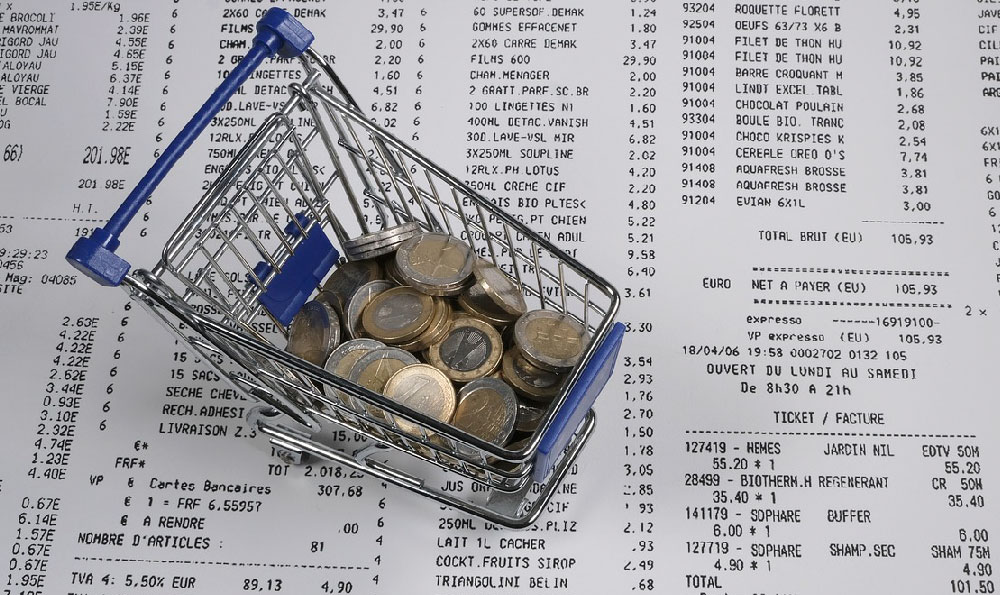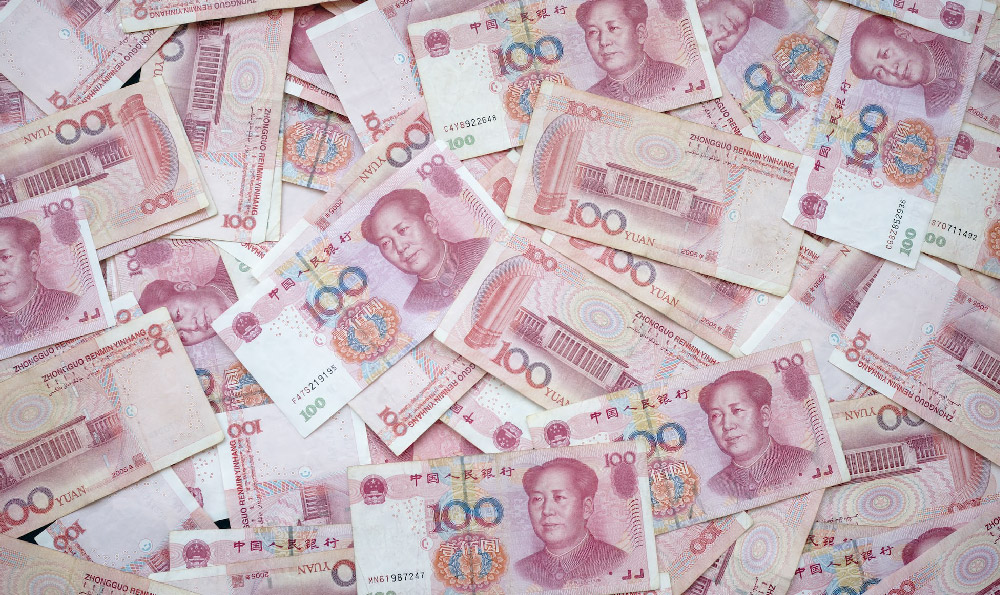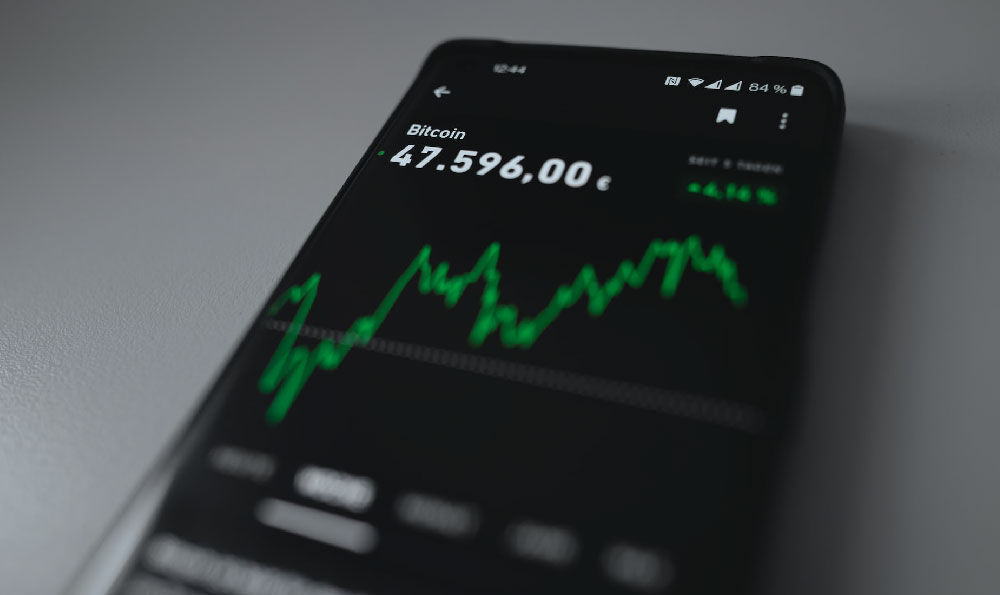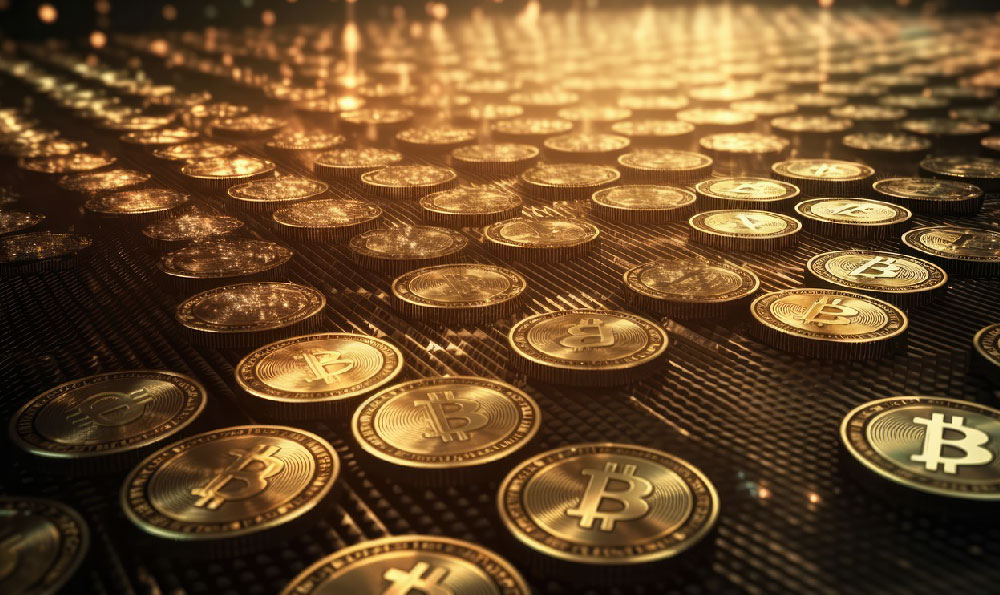What Can Money Buy, and What Can't It?

Money, in its tangible form, represents a store of value, a medium of exchange, and a unit of account. Its presence permeates nearly every facet of modern life, shaping our choices, opportunities, and even our perceptions of the world. While the allure of financial wealth is undeniable, it's crucial to understand the inherent limitations of money and to discern what lies beyond its purchasing power.
One of the most obvious things money can buy is access to basic necessities. Shelter, food, clothing, and healthcare are fundamental requirements for survival and well-being. Money provides a pathway to secure these necessities, shielding individuals from the vulnerability of poverty and providing a platform for personal growth. A sufficient income allows individuals to choose where they live, what they eat, and the quality of healthcare they receive, affording them a level of control over their own lives. The ability to afford quality education, for oneself or for one's children, is another significant benefit that money can unlock. Education equips individuals with knowledge, skills, and critical thinking abilities, which are essential for navigating a complex world and achieving upward mobility. Moreover, money facilitates access to experiences and opportunities that broaden horizons and enrich lives, such as travel, cultural events, and personal development programs.
Beyond basic needs, money can purchase comfort, convenience, and luxury. A well-furnished home, a reliable car, and access to leisure activities can significantly enhance one's quality of life. Money can buy time – through outsourcing tasks like cleaning, cooking, or childcare – allowing individuals to focus on pursuits they find more meaningful or enjoyable. It can also provide a sense of security and freedom from worry, knowing that one has the financial resources to weather unexpected storms or pursue long-held dreams. In many societies, money also confers a degree of social status and influence. While this may be a less noble aspect of wealth, it's undeniable that those with financial resources often have greater access to networks, opportunities, and political power.

However, the realm of what money cannot buy is equally significant, and perhaps more profound. True happiness, for instance, is not a commodity that can be purchased off the shelf. While money can alleviate stress and provide access to experiences that contribute to happiness, it cannot guarantee it. Numerous studies have shown that beyond a certain level of income, further increases in wealth have a diminishing impact on overall well-being. Factors such as strong relationships, a sense of purpose, and a fulfilling career play a far more crucial role in fostering lasting happiness.
Authenticity and genuine connection are also beyond the reach of money. While money can buy fleeting moments of pleasure or superficial relationships, it cannot create deep, meaningful bonds based on trust, empathy, and shared values. True friendships, loving families, and intimate partnerships are built on emotional investment, time, and mutual respect, not on financial transactions. Attempting to buy affection or loyalty often backfires, leading to shallow and transactional relationships that lack genuine warmth and connection.
Furthermore, money cannot buy health, although it can certainly improve access to healthcare. While wealth can provide access to the best doctors, treatments, and preventative care, it cannot prevent illness or reverse the aging process. Health is a precious and often fragile gift that requires mindful attention to diet, exercise, and lifestyle choices, regardless of one's financial status. Similarly, money cannot buy wisdom, integrity, or good character. These are qualities that are cultivated through experience, reflection, and a commitment to ethical behavior. While money can provide access to education and mentorship, it cannot guarantee that one will develop into a wise, compassionate, and ethical individual.
Finally, and perhaps most importantly, money cannot buy time. Time is a finite and irreplaceable resource, and once it's gone, it's gone forever. While money can buy convenience and allow individuals to outsource tasks, it cannot extend the number of hours in a day or slow down the passage of time. Therefore, it's crucial to use one's time wisely, to prioritize experiences and relationships that are truly meaningful, and to live a life that is aligned with one's values, regardless of one's financial circumstances.
In conclusion, money is a powerful tool that can provide access to necessities, comfort, and opportunities. However, it's essential to recognize its limitations and to understand that true happiness, genuine connection, good health, and moral character are not commodities that can be purchased. A balanced perspective on money, one that acknowledges its potential benefits while recognizing its inherent limitations, is crucial for living a fulfilling and meaningful life. The pursuit of wealth should not come at the expense of one's values, relationships, or well-being. Instead, money should be viewed as a means to an end, a tool that can be used to create a better life, not as an end in itself.















